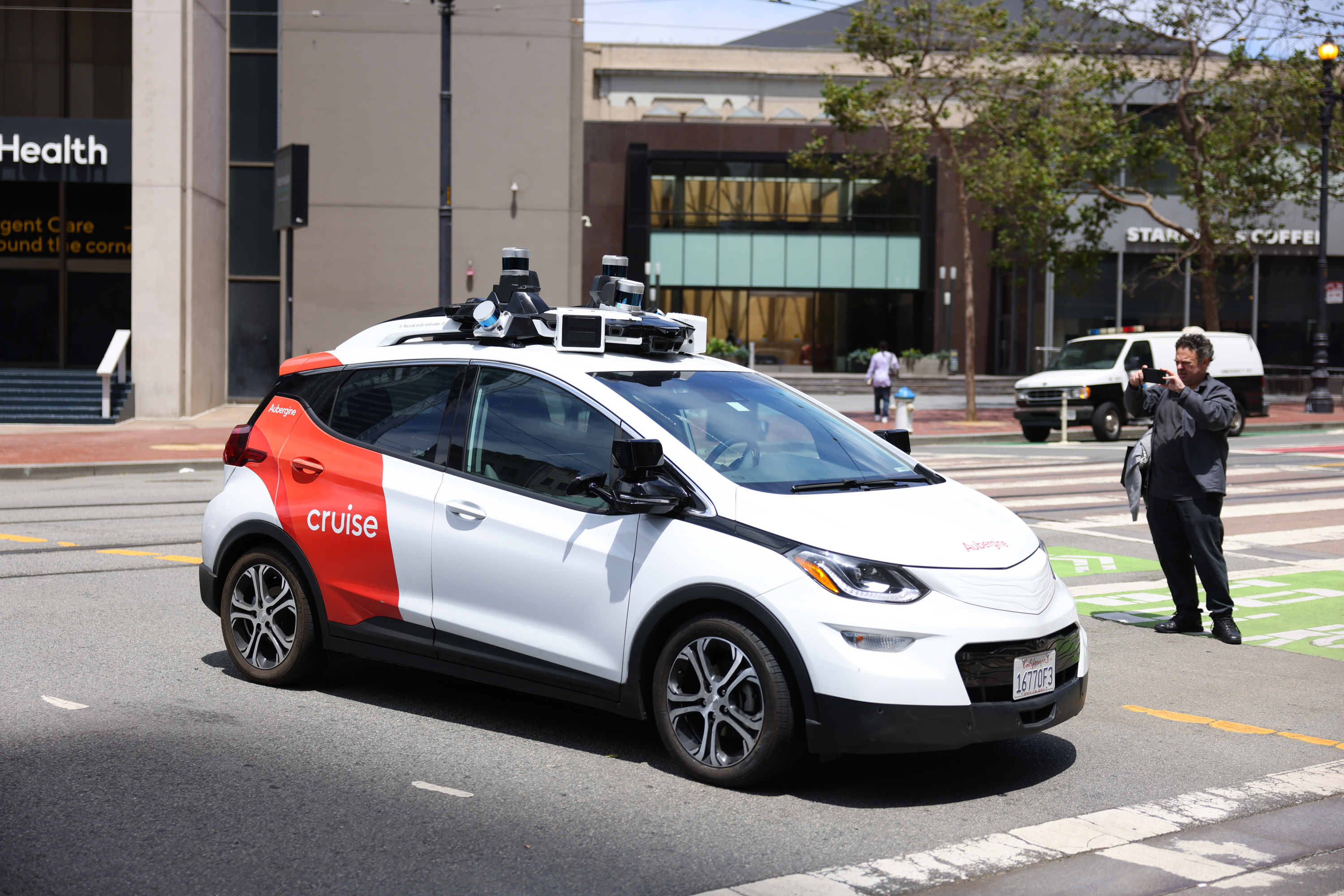Charging stations for electric vehicle fleets can’t be used for package deliveries in San Francisco under a new law approved Tuesday.
The new law—sponsored by Supervisor Connie Chan and passed unanimously by the Board of Supervisors—is part of an ongoing push by the city’s elected leaders to curb the expansion of autonomous vehicles.
The legislation reflects concerns over whether increased use of the vehicles degrades traffic safety, contributes to congestion and sacrifices jobs.
This past October, Board President Aaron Peskin introduced an ordinance that would require robotaxi operators to have a conditional use permit, which requires additional regulatory scrutiny for approval, before they can use existing parking lots as fleet charging hubs in light industrial districts.
The bill came in response to concerns that operators were using over-the-counter permits to establish fleet-charging hubs. Peskin’s bill should be reviewed by the board’s Land Use Committee early in the new year.
The bills also follow other regulatory setbacks for autonomous vehicles.
The California Department of Motor Vehicles suspended GM subsidiary Cruise after an Oct. 2 incident in which a Cruise robotaxi failed to stop and dragged a woman down the street when she was thrown into its path by another car.
The decision by the DMV was preceded by a protest led by Teamsters Local 665 at Cruise’s headquarters against “driverless car havoc,” where union Principal Officer Tony Delorio said, “San Francisco cannot be the guinea pigs for autonomous vehicles.”
Concerns over robotaxis also hark back to supervisors’ land-use concerns.
In October 2022, the board approved legislation to expand zoning controls over a last-mile delivery center planned by Amazon in SoMa, partly in order to give San Francisco time to study the implications of what it called a “rapidly evolving” industry.
Amazon soon paused work on the project thereafter but restarted permit applications on the site in August.
